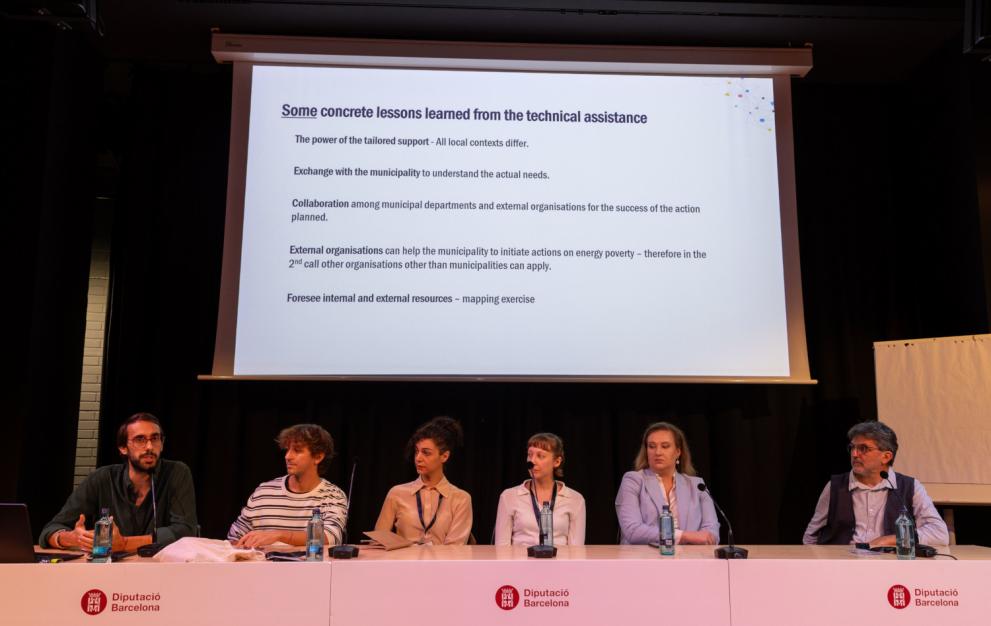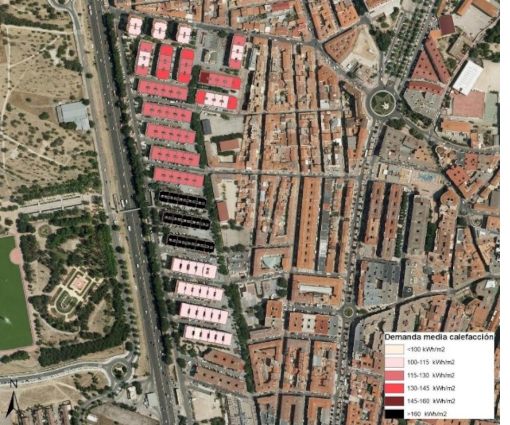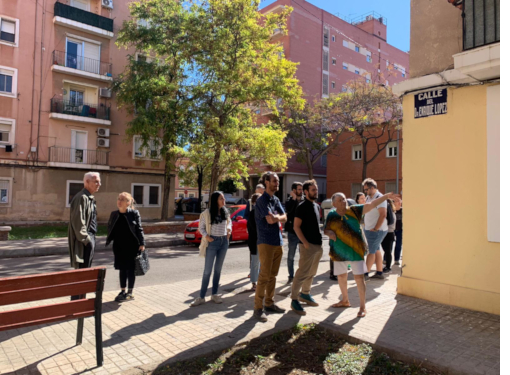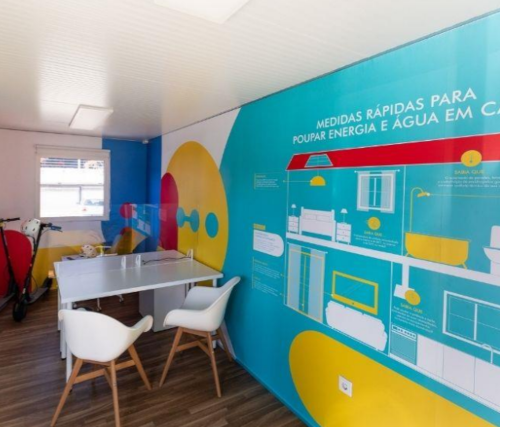
The Energy Poverty Advisory Hub has successfully wrapped up its second round of technical assistances (TA), working with over 30 municipalities and suppramunicipalities across Europe. We are glad to present the results on the EPAH website.
This initiative has enabled local governments to better understand, diagnose, and address energy poverty in their regions by working closely together with experts and the EPAH team. With tailored assistance based on local needs, the programme has shown that addressing energy poverty requires both a deep understanding of local conditions and a holistic approach that combines technical solutions with community engagement.

While each technical assistance was adapted to the specific needs of the beneficiary, there are several common themes that have been noticed. Energy efficiency improvements, in particular, have been a focus for many municipalities, as inefficient housing and outdated infrastructure continue to be a major cause of energy poverty.
For instance, in Getafe, Spain, the technical assistance helped the municipality develop a comprehensive guide for district heating and cooling systems. This initiative is expected to reduce energy costs by up to 50%, thanks to the use of local geothermal energy and other renewable sources. By focusing on energy efficiency and local resources, Getafe is setting an example for how municipalities can drive down costs while promoting sustainability. In Bükkszentkereszt, Hungary, traditional heating methods using wood had become a serious health and environmental concern. EPAH’s technical assistance provided the framework for the community to explore cleaner, more sustainable heating technologies, reducing both health risks and energy costs. This case demonstrates the importance of adopting community-driven, clean energy solutions in rural areas.
Capacity-building emerged as another critical focus, as many projects prioritised training local actors to identify, measure, and manage energy poverty. In Valencia, Spain, municipal staff and energy agents were trained to address summer energy poverty, learning practical methods for keeping homes cool during increasingly extreme heatwaves. This targeted response to climate adaptation reflects a growing need for resilience in regions facing high summer temperatures, and Valencia’s programme highlights how local training can lead to impactful change.

A broader outcome across the technical assistance projects is the development of tailored action plans based on comprehensive energy poverty diagnosis. In Eastern Macedonia, for example, the municipalities of Drama, Kavala, Nestos, and Pangaio now have a solid foundation for future energy poverty mitigation actions thanks to detailed data collection and community collaboration efforts facilitated by EPAH. In Pamplona, the project went beyond the diagnosis phase to create a practical roadmap for addressing energy poverty. By analysing data on thermal comfort and energy use, and by engaging with the community, the project identified specific actions for local policy reform. These diagnostic initiatives offer a blueprint for municipalities to implement informed, data-driven actions that resonate with their unique socio-economic landscapes.
The results of EPAH’s technical assistances underscore several key lessons for municipalities aiming to combat energy poverty. One of the most important takeaways is that local governments are well-positioned to lead on the development of local actions, provided they have access to the right tools and resources. The technical assistances helped municipalities gather essential data, develop practical action plans, and implement energy-saving measures that directly benefit vulnerable households.
Overall, the results of this round of technical assistance are not just a success for the individual municipalities but a proof of concept for the role that local governments can play in addressing energy poverty on a broader scale. As these municipalities continue to implement and expand their strategies, the knowledge and best practices developed through EPAH’s programme will contribute to a more equitable and sustainable energy future across Europe.
If you are interested in knowing more, you can dive into the details of each technical assistance.

Details
- Publication date
- 12 November 2024
